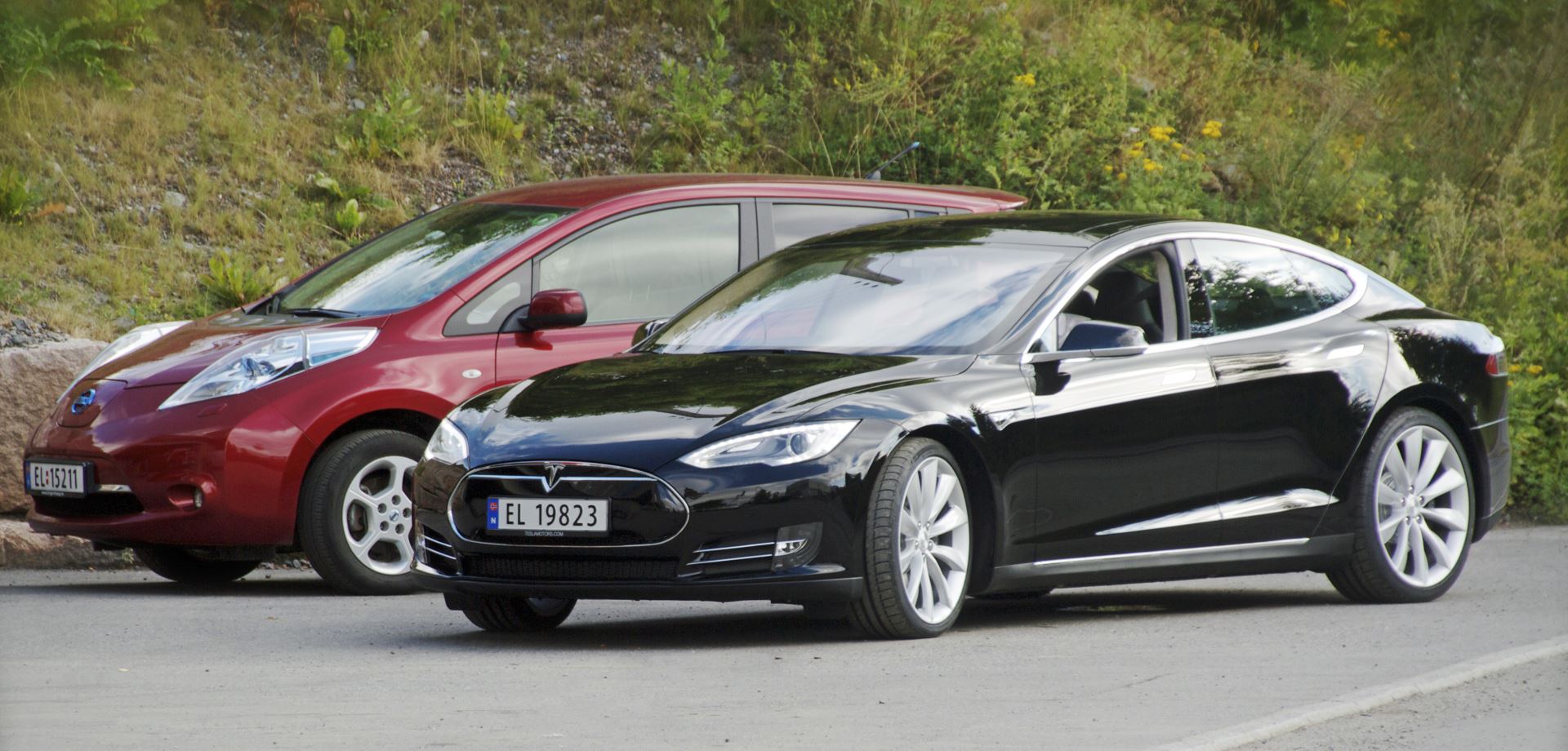The future of the automobile in the next few years is going to be very exciting - even incredible. As electronics, computers and great designs get more defined and less expensive, they enter the automotive world with more frequency.
Electronics and electric motors are so very dependable now, cars are chock full of them. I still remember the cars of the 1960s, when many people avoided options like power windows because it meant just one more thing to break. That is mot the case anymore; just about all cars in the United States have power windows.
 The advanced electric technologies in modern automobiles are incredible, what with autopilot capabilities and electric motors that have landed both in hybrids and full-electric vehicles such as the Tesla and the Nissan Leaf. The result is more powerful vehicles with better fuel mileage and lower emissions; this is the best of all three worlds.
The advanced electric technologies in modern automobiles are incredible, what with autopilot capabilities and electric motors that have landed both in hybrids and full-electric vehicles such as the Tesla and the Nissan Leaf. The result is more powerful vehicles with better fuel mileage and lower emissions; this is the best of all three worlds.
For me, hybrids represent the best of these technologies. The easy definition of a hybrid in the automotive world is a vehicle powered two ways, specifically with both gasoline and electricity-driven motors. The advantage with hybrids is the ability to fill with fuel in minutes, versus charging an electric vehicle, which takes more than an hour.
Importantly, hybrid and electric vehicles also have the ability to recover energy that otherwise would be washed when braking. They use what is called a regenerative braking system. When you use your brakes in other cars, friction from the brakes turns the kinetic motion of the vehicle into heat that is dissipated, wasting that energy.
Hybrid and electric vehicles instead take that energy to run a generator that produces electric energy, which is stored in a battery for future use. The next time you accelerate, that stored energy is used to power an electric motor that propels the vehicle. having an electric motor to supplement acceleration in a hybrid means a small, more efficient gasoline engine can be used while maintaining decent power.
Full-electric vehicles such as the Leaf and Tesla are just downright incredible, producing the lowest emissions of any vehicle(very little from the vehicle, but some from the power plants producing the electricity).
Most manufacturers are jumping in making hybrid vehicles, and more are starting to make pure electric vehicles too. Just a few: Chevy Spark and bolt EV; Kia Soul EV; VW e-Golf; Fiat 500E; Ford Focus E; Smart E; BMW i3; and Mercedes B Class.
Some manufacturers are even making fuel cell or hydrogen-fueled vehicles. I have believed for more than 15 years that this is a waste of time and money. Hydrogen needs to be transformed into a state in which it doesn't naturally exist, and this process requires that equivalent of three gallons of gasoline for the same results one would get from one gallon of gasoline. It has to be stored in very high-pressure canisters, is very explosive and difficult to transport, and has no distribution system.
Further helping the advancement of hybrid and electric vehicles is the continuing improvement of lithium-ion batteries, as more factories ramp up and costs come down. And the rare but real problem of thermal meltdown in lithium-ion batteries has been largely resolved through advanced monitoring systems.
So which should a consumer choose? It depends on a few things. If you plan to have just one vehicle, my choice would be a hybrid. The reason is you can travel long distance without having to stop for long periods of time to recharge the battery. Even the advanced Tesla can go as far as 200 miles between charges, but then you have to stop at a well-placed free charging station for more than an hour to charge the battery. A hybrid only needs a five-minute stop to fill the tank about every 500 miles.
A two-car family might be better able to take advantage of a full-electric car, especially since the average work commute is less than 24 miles round-trip. Pure electric vehicles currently produce the least-possible amount of carbon emissions.
I'm excited for the future of more-advanced, less-polluting automobiles. In my 42 years of repairing and servicing vehicles, the changes have been incredible to witness.
Tips on tires
Be sure to check your tire pressure at least monthly. this needs to be done with the tires cold, that is, after being driven no more than five miles. The proper tire pressure is specified by the vehicle manufacturer and displayed on the post behind the driver's door. It is a good idea for a car owner to spend a few dollars on a tire-pressure gauge and set a monthly time to check them.
Proper tire pressure improves fuel mileage, improves handling and safety, and extends tire life. Low tire pressure can cause heat buildup and tire blow-outs.